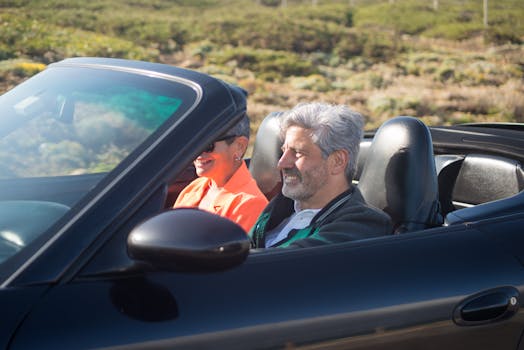
**
A Delhi woman's harrowing experience during an auto-rickshaw ride in Mumbai has ignited a firestorm of outrage on social media, highlighting the persistent issue of sexual harassment faced by women in India. The incident, shared on Twitter, details a chilling encounter where the auto driver allegedly harassed the woman, prompting a wave of condemnation and calls for improved safety measures for female commuters. The woman's post, which quickly went viral under hashtags like #MumbaiHarassment, #WomenSafetyIndia, and #AutoRickshawHarassment, has sparked a crucial conversation about the vulnerability of women traveling alone in public transport.
The Shocking Account: "Started Poking My Waist"
The woman, who has chosen to remain anonymous for privacy reasons, recounted her ordeal in a detailed Twitter thread. She explained that she had hailed an auto-rickshaw in Mumbai late at night. During the ride, the driver allegedly began making her uncomfortable with inappropriate comments and gestures. She stated, "He started poking my waist," a detail that has deeply disturbed many who have read her account. The post further highlighted the driver's attempts to engage her in unwanted conversations, making her feel increasingly unsafe and vulnerable. The experience culminated in the driver dropping her off abruptly, leaving her feeling shaken and violated.
The Power of Social Media: Amplifying Voices and Driving Change
The woman's bravery in sharing her story online has empowered other women to come forward with their own similar experiences. Many users have responded to her tweet, sharing their own accounts of harassment in auto-rickshaws and other forms of public transport across various Indian cities. This outpouring of shared experiences underscores the widespread nature of the problem and the importance of open dialogue about women's safety.
- Increased Awareness: The incident serves as a stark reminder of the pervasive threat of sexual harassment that women face, even in seemingly everyday situations.
- Platform for Sharing: Social media has become a vital tool for women to share their experiences, fostering solidarity and encouraging collective action.
- Demand for Accountability: The incident has spurred demands for greater accountability from authorities and transport companies.
Netizens React: Anger, Empathy, and Calls for Action
The response on social media has been overwhelmingly one of support and outrage. Netizens expressed their anger and frustration at the ongoing prevalence of sexual harassment and the apparent lack of adequate safety measures. Many users called for stricter regulations, improved law enforcement, and increased public awareness campaigns to combat this pervasive issue. The hashtag #WomenSafetyIndia is trending again with a renewed vigor, highlighting the urgent need for comprehensive solutions.
Specific Reactions and Trending Topics:
- Demand for stricter punishments: Many are calling for harsher penalties for perpetrators of sexual harassment in public transport.
- Improved driver verification: There is a growing demand for more rigorous background checks and verification processes for auto-rickshaw drivers.
- GPS tracking and safety apps: Suggestions for incorporating GPS tracking systems in auto-rickshaws and promoting the use of women's safety apps are gaining traction.
- Public awareness campaigns: Netizens are calling for more impactful campaigns to educate the public about consent and respectful behaviour.
Addressing the Larger Issue: Women's Safety in India
This isolated incident is symptomatic of a much larger problem: the persistent lack of safety and security for women in public spaces across India. This incident highlights the urgent need for comprehensive and multi-pronged approaches to address the issue. These approaches must include:
- Strengthening Law Enforcement: More robust and efficient mechanisms are needed to investigate and prosecute cases of sexual harassment. The legal system needs to be more responsive to the needs of victims.
- Improving Public Transport Safety: Implementing better safety measures on public transport, including improved lighting, security personnel, and easily accessible emergency buttons, is crucial.
- Empowering Women: Empowering women through self-defense training and awareness campaigns can help equip them with the skills and knowledge to protect themselves.
- Raising Public Awareness: A sustained and widespread public awareness campaign is necessary to change societal attitudes and behaviours towards women's safety.
Moving Forward: Collaboration and Action Are Key
The incident involving the Delhi woman in Mumbai underscores the need for immediate and concerted action. It's not enough to simply express outrage on social media; tangible steps must be taken to ensure the safety and security of women in public spaces. This requires a collaborative effort from the government, law enforcement agencies, transport authorities, and the public at large. Only through a combination of stricter laws, improved infrastructure, public awareness campaigns, and a fundamental shift in societal attitudes can we hope to make India safer for women.
The incident serves as a powerful wake-up call, urging us to move beyond rhetoric and commit to concrete actions that will protect women from harassment and violence. It’s a call to create a society where women feel safe, respected, and free from fear. The ongoing conversation on social media is a vital step, but it must be translated into tangible changes to ensure that no other woman has to endure such a terrifying experience.



















